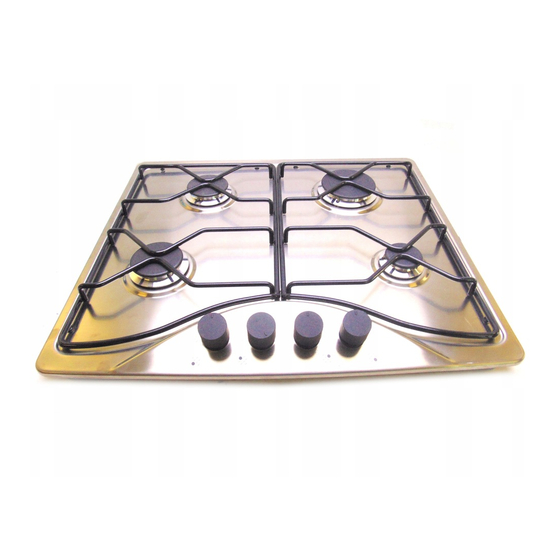IKEA TJANLIG Benutzerhandbuch - Seite 13
Blättern Sie online oder laden Sie pdf Benutzerhandbuch für Kochfeld IKEA TJANLIG herunter. IKEA TJANLIG 23 Seiten. Built in oven
Auch für IKEA TJANLIG: Benutzerhandbuch (16 seiten), Benutzerhandbuch (32 seiten), Handbuch (16 seiten)

ENGLISH
Cleaning and maintenance
CLEANING
WARNING!
-
Never use steam cleaning equipment.
-
Only clean the oven when it is cool to
the touch.
-
Disconnect the appliance from the
power supply.
Oven exterior
IMPORTANT: do not use corrosive or
i
abrasive detergents. If any of these
products accidentally comes into contact
with the appliance, clean immediately with
a damp cloth.
•
Clean the surfaces with a damp cloth.
If it is very dirty, add a few drops of
washing up detergent to the water.
Finish off with a dry cloth.
Oven interior
IMPORTANT: do not use abrasive
i
sponges or metallic scrapers or scourers.
Over time, these can ruin enamelled surfaces
and the oven door glass.
•
After every use, allow the oven to cool
then clean it preferably while it is still
warm in order to remove built-up dirt
and stains caused by food residues (e.g.
food with a high sugar content).
•
Use proper oven detergents and follow the
manufacturer's instructions to the letter.
•
Clean the door glass with a suitable
liquid detergent. The oven door can
be removed to facilitate cleaning (see
MAINTENANCE).
Inner glass is smooth to facilitate
cleaning.
NOTE: during prolonged cooking of foods
with a high water content (e.g. pizza,
vegetables, etc.) condensation may form on
the inside of the door and around the seal.
When the oven is cold, dry the inside of the
door with a cloth or sponge.
Accessories
•
Soak the accessories in water with
washing up detergent immediately after
use, handling them with oven gloves if
still hot.
•
Food residues can be easily removed
using a brush or sponge.
MAINTENANCE
WARNING!
-
Use safety gloves.
-
Ensure the oven is cold before carrying
out the following operations.
-
Disconnect the oven from the power supply.
To remove the door
1. Open the door fully.
2. Lift the catches and push them forwards
as far as they will go (Fig. 1).
Fig. 1
13
